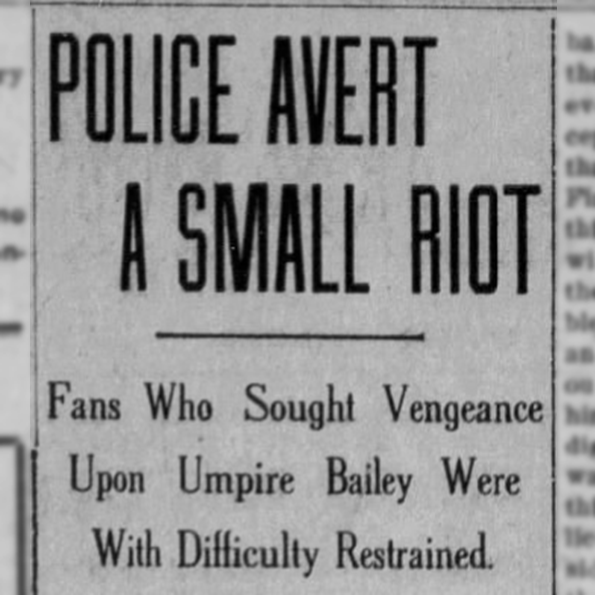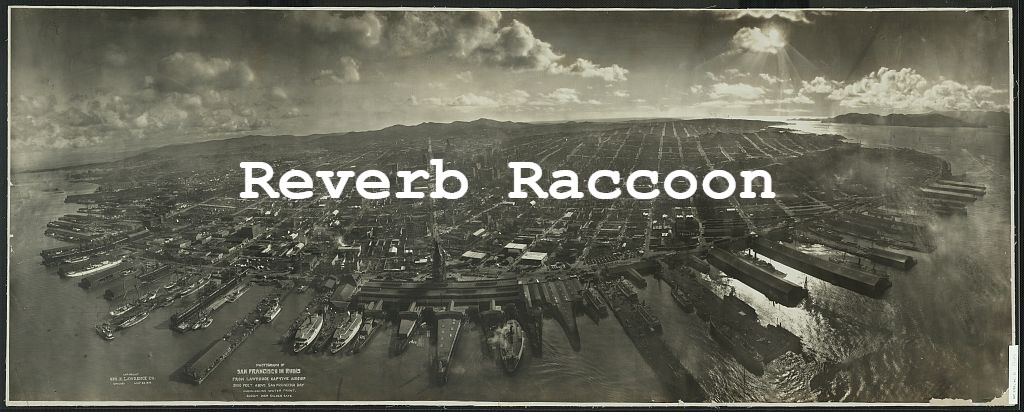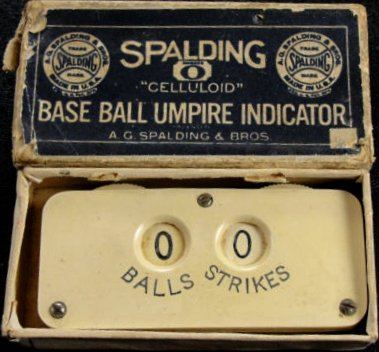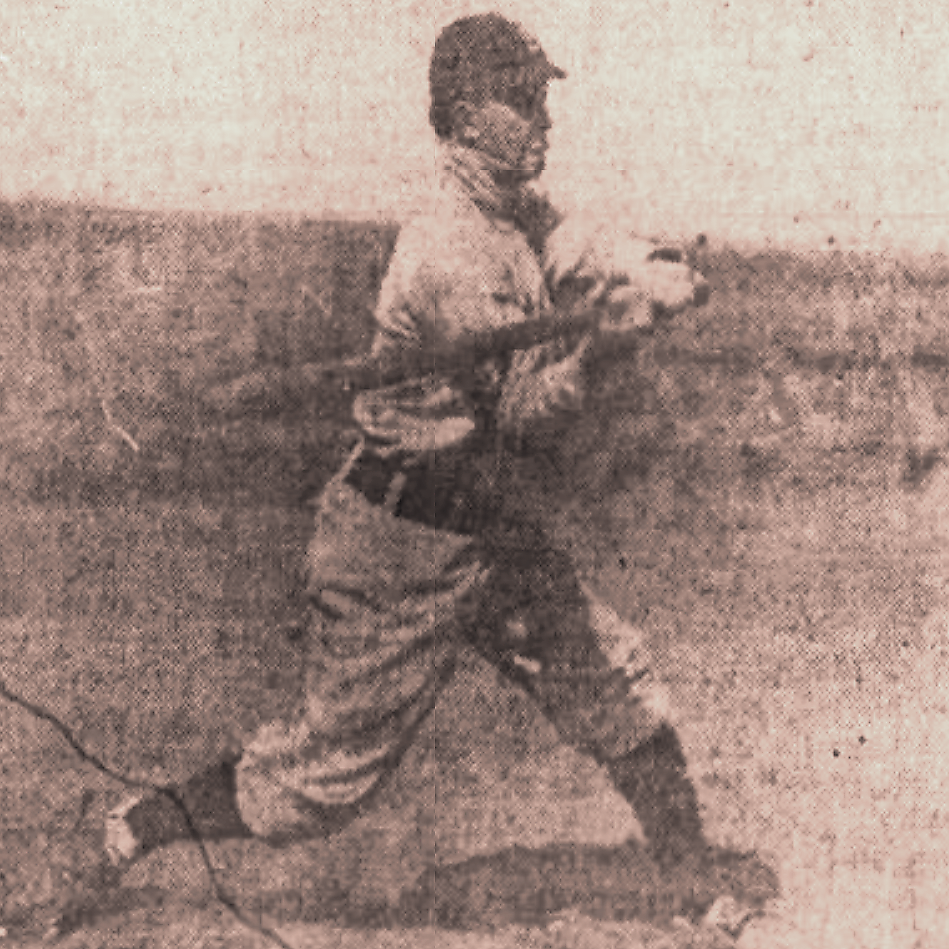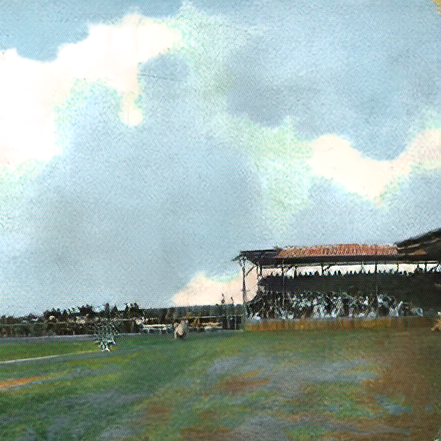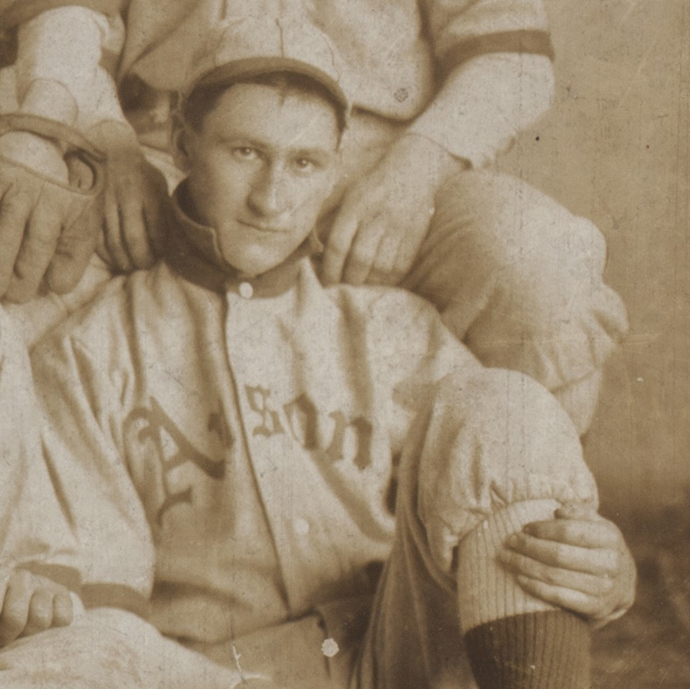Robbery in the Park and the Attack on Umpire Bailey
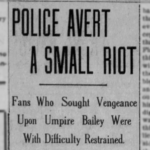 The following is an excerpt from the in-progress biography of Jack Corbett entitled, The Book About Jack Corbett and a Lot of Other Stuff. The incident occurred in Columbia, South Carolina, on the afternoon of June 11, 1909, following a minor league baseball game between the Columbia Gamecocks and the Augusta Tourists of the Class C South Atlantic League. The account is based largely on the reporting of J.B. Crews, the sports editor of the Columbia Record.
The following is an excerpt from the in-progress biography of Jack Corbett entitled, The Book About Jack Corbett and a Lot of Other Stuff. The incident occurred in Columbia, South Carolina, on the afternoon of June 11, 1909, following a minor league baseball game between the Columbia Gamecocks and the Augusta Tourists of the Class C South Atlantic League. The account is based largely on the reporting of J.B. Crews, the sports editor of the Columbia Record.
The cash-poor lower leagues of the South assigned a single umpire to each game. Most worked behind the plate until a runner reached base, then took a position behind the mound. It was impossible for one official to cover the entire field, and bad calls were made in every game. The fans and players heaped abuse on the ump following every perceived slight. The umps were allowed to fine the players for excessive kicking, and some were notoriously quick with both the levy and the hook.
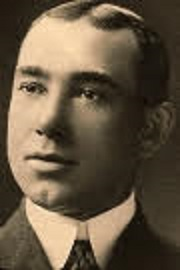 In the South Atlantic League, Linwood Bailey, a former pitcher known around the circuit as “King,” was umping a game at Columbia’s Elmwood Park. At a critical ninth-inning juncture, a Columbia batter dropped a sure three-bagger far down the left-field foul line. The determination of “fair or foul” was difficult to make when standing behind the pitcher, especially when the foul lines were mere scratches in the weed-choked sand.
In the South Atlantic League, Linwood Bailey, a former pitcher known around the circuit as “King,” was umping a game at Columbia’s Elmwood Park. At a critical ninth-inning juncture, a Columbia batter dropped a sure three-bagger far down the left-field foul line. The determination of “fair or foul” was difficult to make when standing behind the pitcher, especially when the foul lines were mere scratches in the weed-choked sand.
Bailey yelled, “Foul ball!” The 500 fans in the grandstand behind home plate, who possessed a better angle on the play than Bailey, saw that the ball had dropped at least two feet inside the line. The crowd erupted, and the Columbia players jumped from their bench and surrounded Bailey. The ump fined each player between $5 and $15, depending on the language the player used to express his displeasure. The fans joined the fray, boiling out over the front of the grandstand.
The ever-present squad of policemen arrived and restored sufficient order for the game to continue, but the final out revealed a 2-3 Columbia loss. The fans again swarmed the field in search of Bailey’s blood.
Bailey grabbed a bat to defend himself but was disarmed by Charles Manship, the assistant manager of the Royster Guano Company. A policeman, accompanied by City Recorder C.A. Stanley, arrived and hustled Bailey into the space between the back of the grandstand and the fence that separated the ballpark from Elmwood Avenue. Three policemen kept the crowd from entering the alleyway.
With Bailey now safe from the fans, Recorder Stanley began to choke the umpire. Columbia manager Arthur Granville pried His Honor’s fingers from the ump’s throat and guided Bailey into the clubhouse.
The crowd moved from the field to Elmwood Avenue and began to remove planks from the fence. They had pried away two planks when Gatekeeper George Radcliff climbed onto the clubhouse roof and admonished them for destroying the club’s property. His words carried weight – probably because Mr. Radcliff would be the individual required to make the repairs – and the crowd satisfied itself with milling around in the middle of Elmwood.
Recorder Stanley used the clubhouse phone to call police headquarters, and within a few minutes the patrol wagon’s brass bell could be heard clanging down Elmwood. The wagon parked near the gate, and two officers, two detectives, and Police Chief W.C. Cathcart emerged and entered the clubhouse. A scrum of policemen escorted Bailey to the wagon, and he was hauled to the Main Street Police Station for safekeeping.
Bailey was entertained in the station house until 8 o’clock that night. He left Columbia immediately, without bothering to telegraph his resignation to the league office and swearing that his umpiring days were over.
“The curtain fell on the last scene of a play entitled ‘Robbery in the Park,’” wrote J.B. Crews, the sports editor of the Columbia Record. “The game and it’s subsequent features were the topic of talk everywhere last night. The murder mystery of South Sumter street, the hot weather, and other favorite topics were for the time forgotten and the incidents of the afternoon at Elmwood were the piece de resistance of the hour.”
Linwood Bailey returned to his home in Macon, Georgia, and entered the insurance business. He died of septicemia in 1917 at age 48. His obituary in the Macon Telegraph noted that Bailey possessed “an amiable disposition and scores of close friends in the city.”

